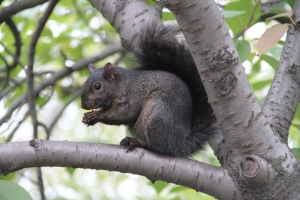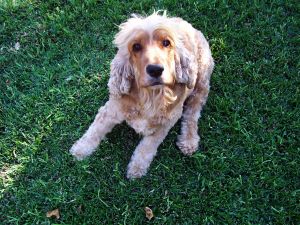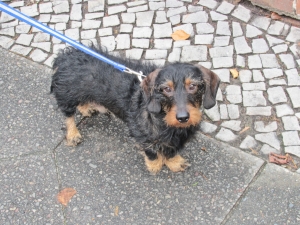 Spring is the season during which wild animals have plenty of babies. But if you come across an orphaned baby animal, is it okay to pick it up or should you leave it alone? By knowing what steps you should take with orphans of various species, you can help your local wildlife thrive. Below are just a few tips to get you started, but another great way to help wildlife is by volunteering with an organization that rescues and rehabilitates them.
Spring is the season during which wild animals have plenty of babies. But if you come across an orphaned baby animal, is it okay to pick it up or should you leave it alone? By knowing what steps you should take with orphans of various species, you can help your local wildlife thrive. Below are just a few tips to get you started, but another great way to help wildlife is by volunteering with an organization that rescues and rehabilitates them.
Birds
Many people find baby birds that appear abandoned, and they may worry that the bird isn’t safe. But the truth is that human intervention may do more harm than good in the case of a baby bird who’s hopping around unable to fly.
If a bird is covered in feathers and has a short tail, it’s considered a fledgling. You’ll note that it’s able to hop along the ground but it can’t take flight. In the world of birds, this is simply a part of growing up. Fledglings will leave the nest before they’re able to fly and will spend a few days on the ground. Take some time to observe, from a distance, and you’ll probably see one of the parents come around to feed it. Providing shelter and keeping dogs and cats away from these fledglings will help them survive.
If the baby bird doesn’t have any feathers yet, you can assume that it fell from its nest, which can’t be very far. If you can reach the nest, gently place the bird back in. Birds won’t abandon their young if a human touches them. If the nest is too high for you to reach or it’s been destroyed, you can make one out of a small box or a strawberry basket filled with soft tissues. Hang it from a branch in the vicinity of the original nest and keep an eye out for the parents to return, which could take a while because they’ll wait until they know it’s safe.
If you find a baby bird, or even an adult bird, who’s been injured, contact your local wildlife rehabilitator or animal hospital who cares for wildlife.
Squirrels
If you see a young squirrel who has a full tail and is able to climb, jump, and run, he’s fine. But if you find a nest of squirrels that has fallen out of a tree, or one or more babies who fell out, wait a few hours to see if the mother will pick everything up on her own. If she doesn’t return, though, keep the babies warm and call a wildlife rehabilitator.
Rabbits
It’s important to know that mother rabbits will only visit their babies a couple of times a day in order to prevent predators from finding the nest. So if you find a nest of babies, leave them alone and wait for the mother to return. Don’t touch the babies because your scent could deter the mother from raising her young.
A good strategy to be certain the mother is still alive and caring for the babies is to cover the nest gently with natural materials surrounding it. Take a couple of sticks and mark the nest with an “X.” After 24 hours, if the sticks are still in place, contact a wildlife rehabilitator. Otherwise, you can rest assured mom returned.





